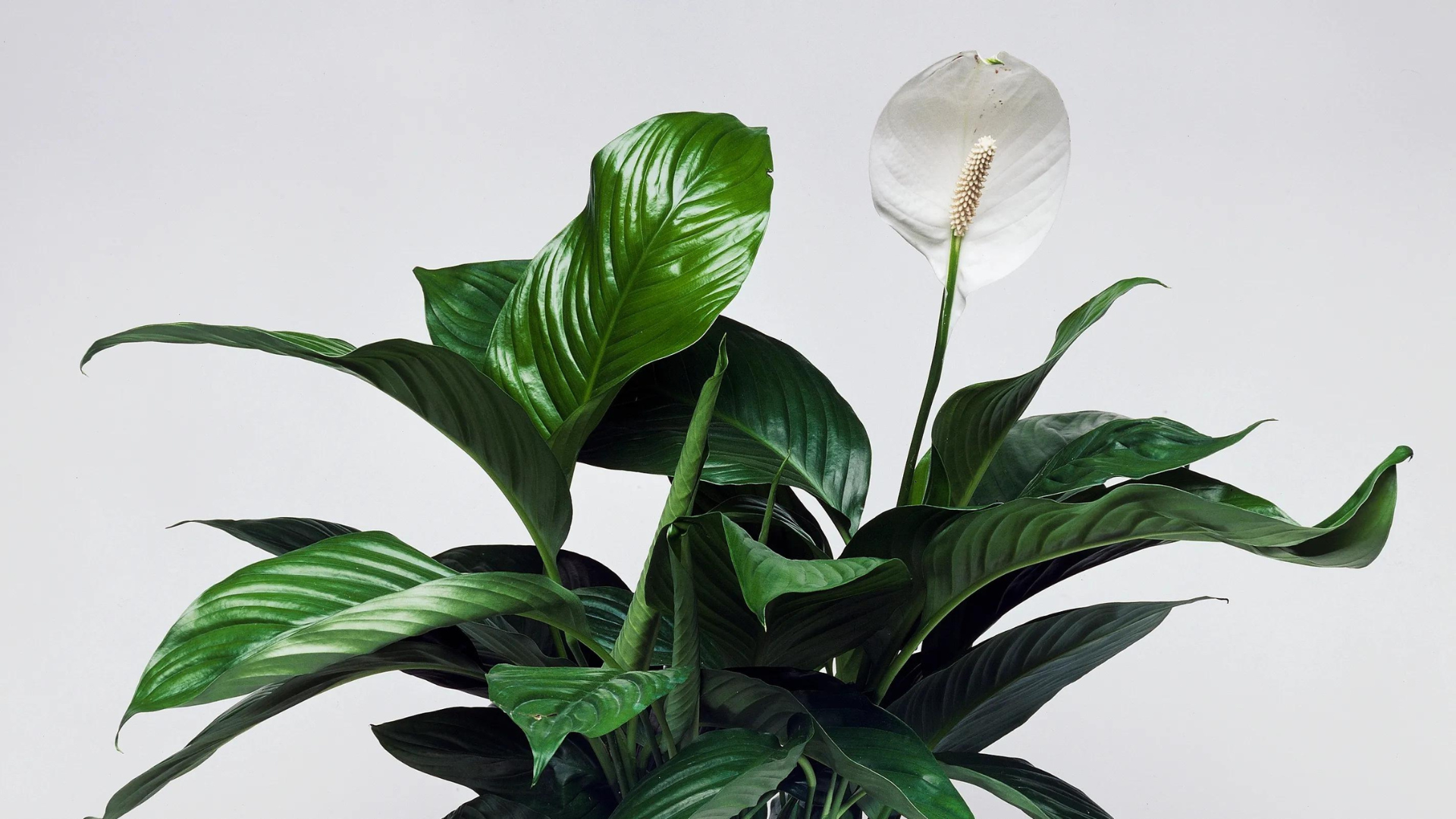
If you didn't know already, there are many health benefits to keeping houseplants inside our homes. They are known to replenish oxygen levels and purify the air, creating a sense of calm which can relieve stress, boost creativity and improve sleep. However, as beautiful as they are, it should be known that not all plants should come through the front door, especially if you have young children or pets.
To find out more about this, I spoke to Andrei Newman, garden design expert from Designer Home Spas, who warned that not every plant is safe to have indoors. He expressed how important it is for parents and animal lovers to do their research before adding plants to their homes, especially as some plants can cause respiratory issues, vomiting and even death.
Before we start, have a look at some more of our houseplant guides:
How to keep your houseplants alive when you go on holiday
6 strange ways to keep your houseplants alive & thriving
5 things you should know before adding houseplants to your bathroom
1. Easter Lily
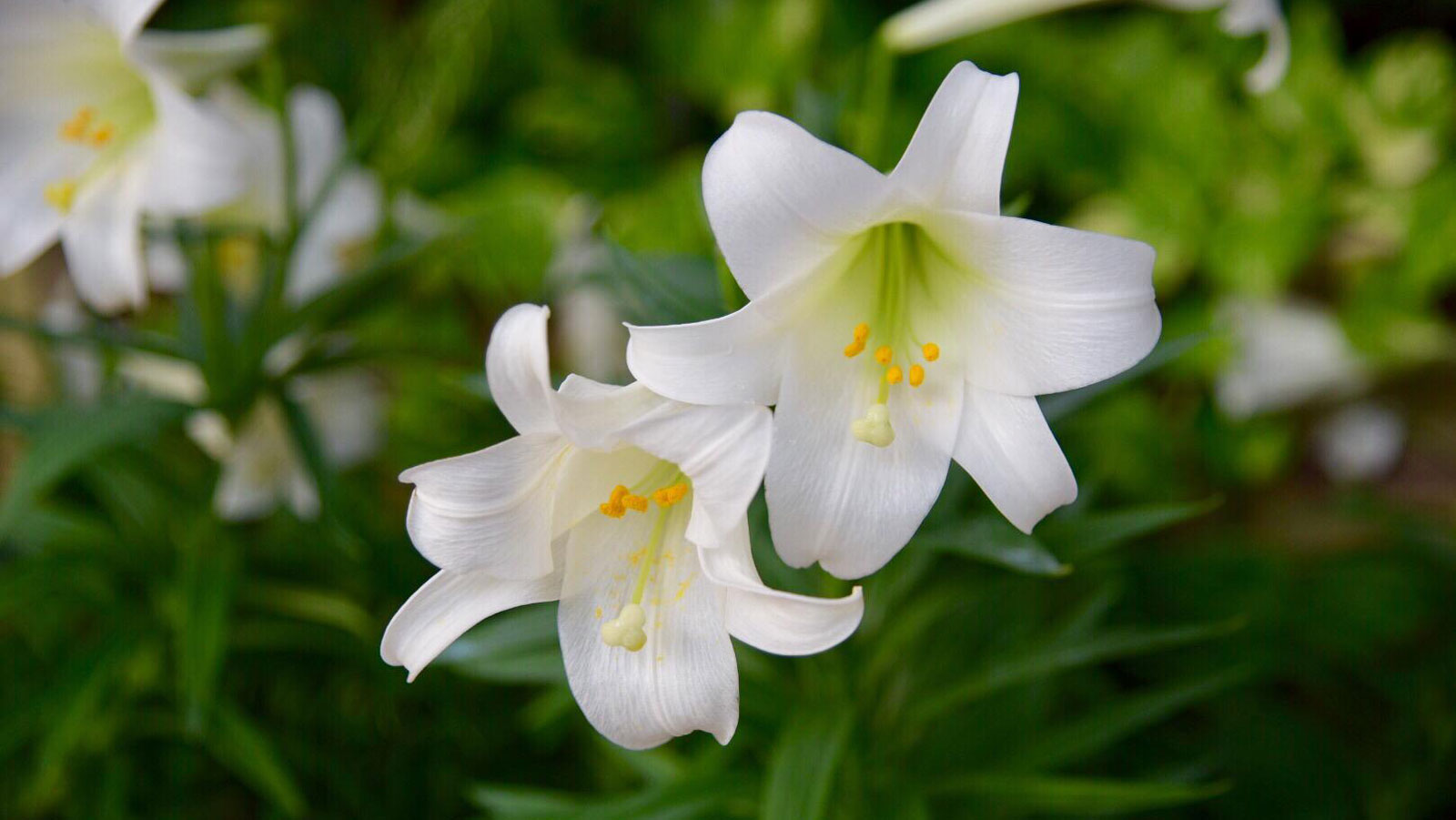
The sweet-scented Easter Lily is a beautiful plant that can make any home inviting to others, but ingesting a small amount or even rubbing up against it can cause death in cats and serious health issues in children.
Andrei says "All parts of the Easter Lily plant are poisonous to children and even ingesting the pollen could cause vomiting, stomach cramps, dizziness and collapse. If you find that your little one has ingested an Easter Lily take them to the ER immediately. The plant can be fatal to cats too, while dogs are more likely to cause internal discomfort."
2. Hedera Helix
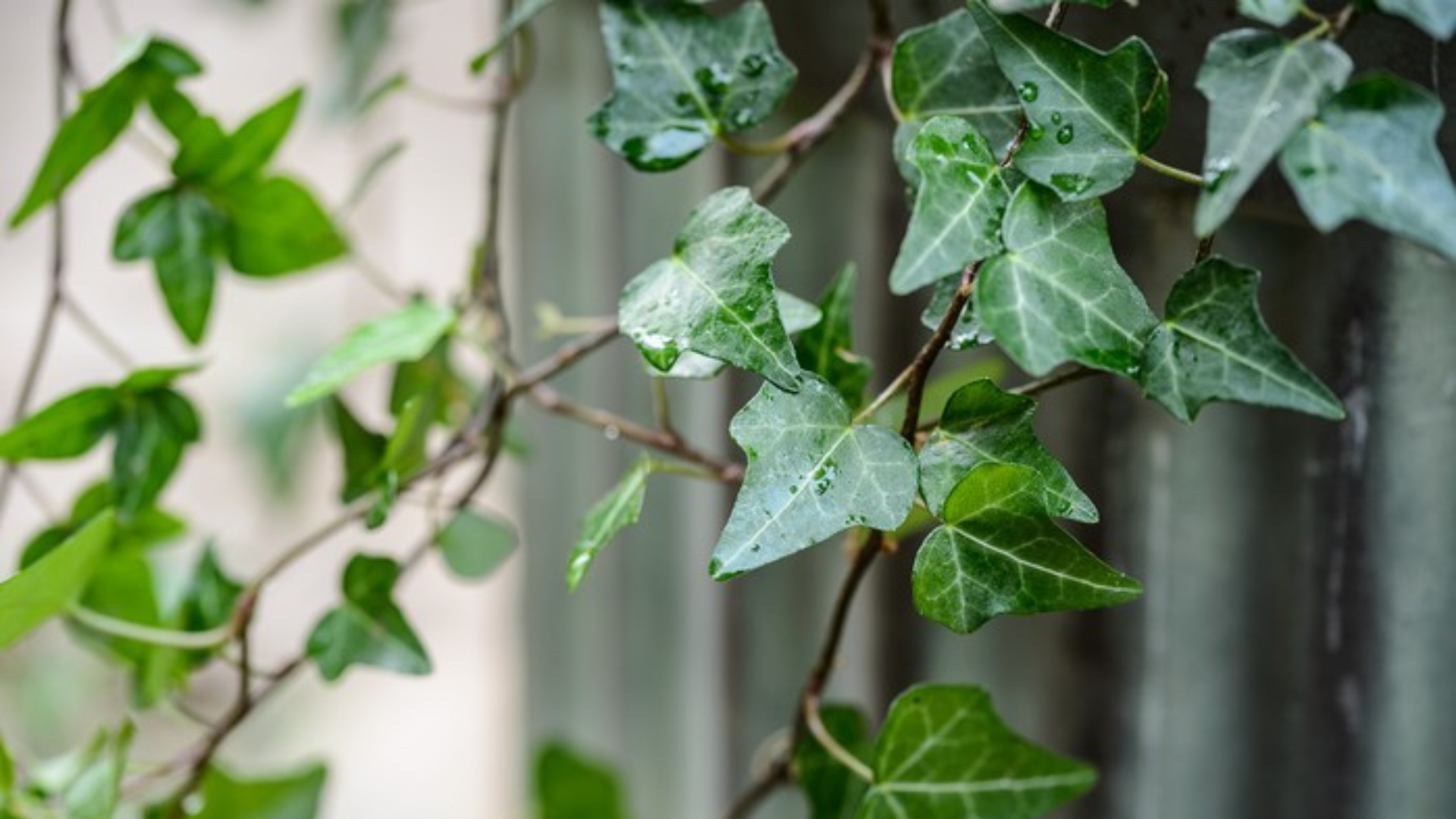
The Hedera Helix plant is a climbing plant that can be found both indoors and outdoors. While the plant can add life to your home, if you have children or pets you will want to avoid it.
Andrei says "As a climbing plant, the vines can often drape down which can cause your children or pets to become interested in them. The Hedera Helix is a plant that if ingested can cause severe vomiting and breathing problems."
3. Peace Lily

The Peace Lily plant is often used in rooms with low lighting as it can thrive on two hours of sunlight a day. This makes it a popular choice with homeowners, but you shouldn't own one if you have children or pets.
"Eating one of these plants can cause a lot of pain and swelling in your lips and throat. Whilst adults will know not to eat plants, smaller children may see the attractive leaves and take a bite..and cats and dogs aren't safe either. Ingesting any part of the plant can lead to inflammation in the throat" warns Andrei.
4. Daffodils
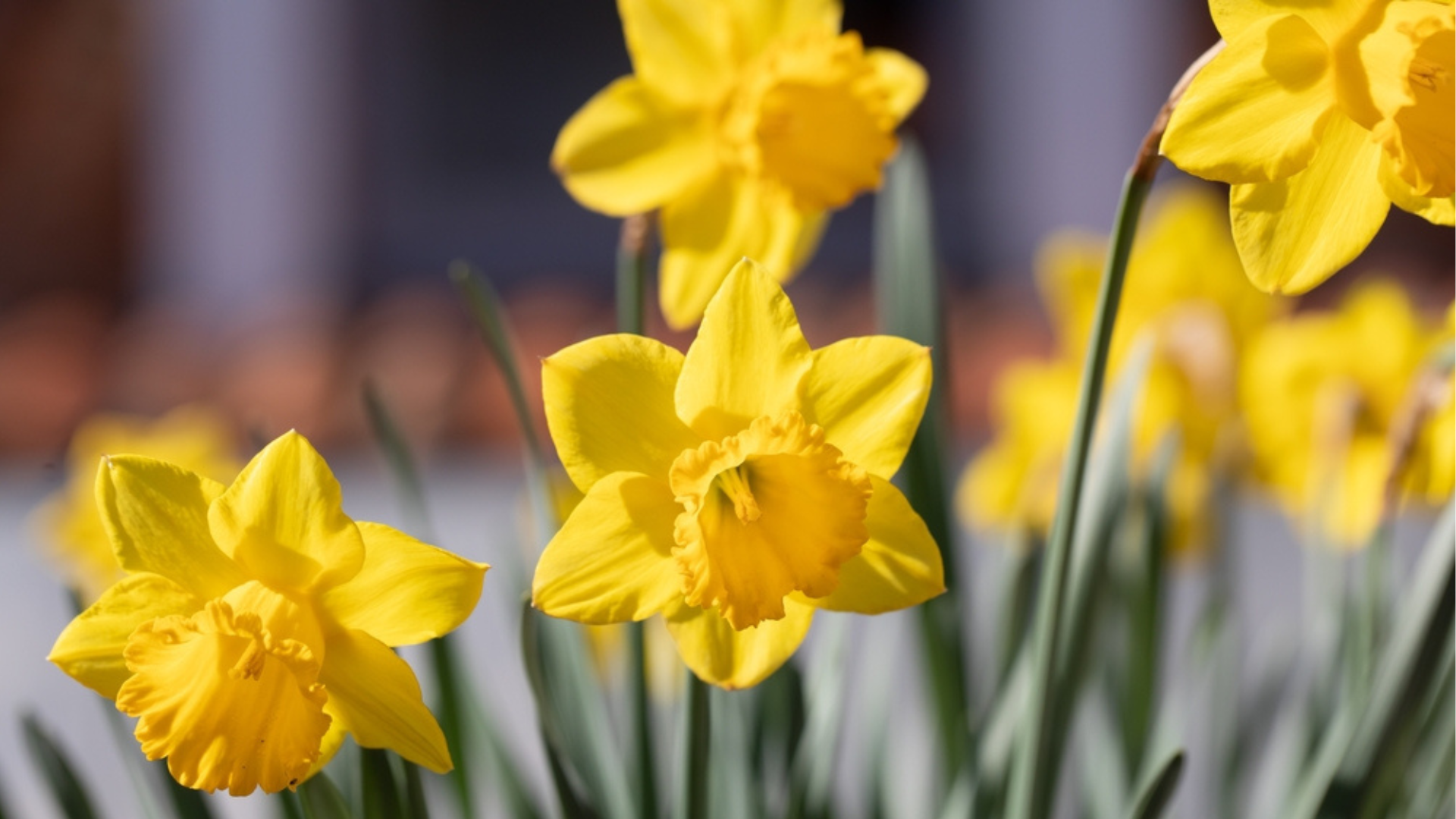
The common daffodil is a symbol of spring and can undoubtedly improve the mood of any room, but bringing daffodils indoors isn't something you should consider if you have small children or pets living at home.
Andrei says "A daffodil can cause serious health conditions such as increased heart rate, high blood pressure and death in small children, and can cause fits in dogs and respiratory issues in cats."
5. ZZ Plant
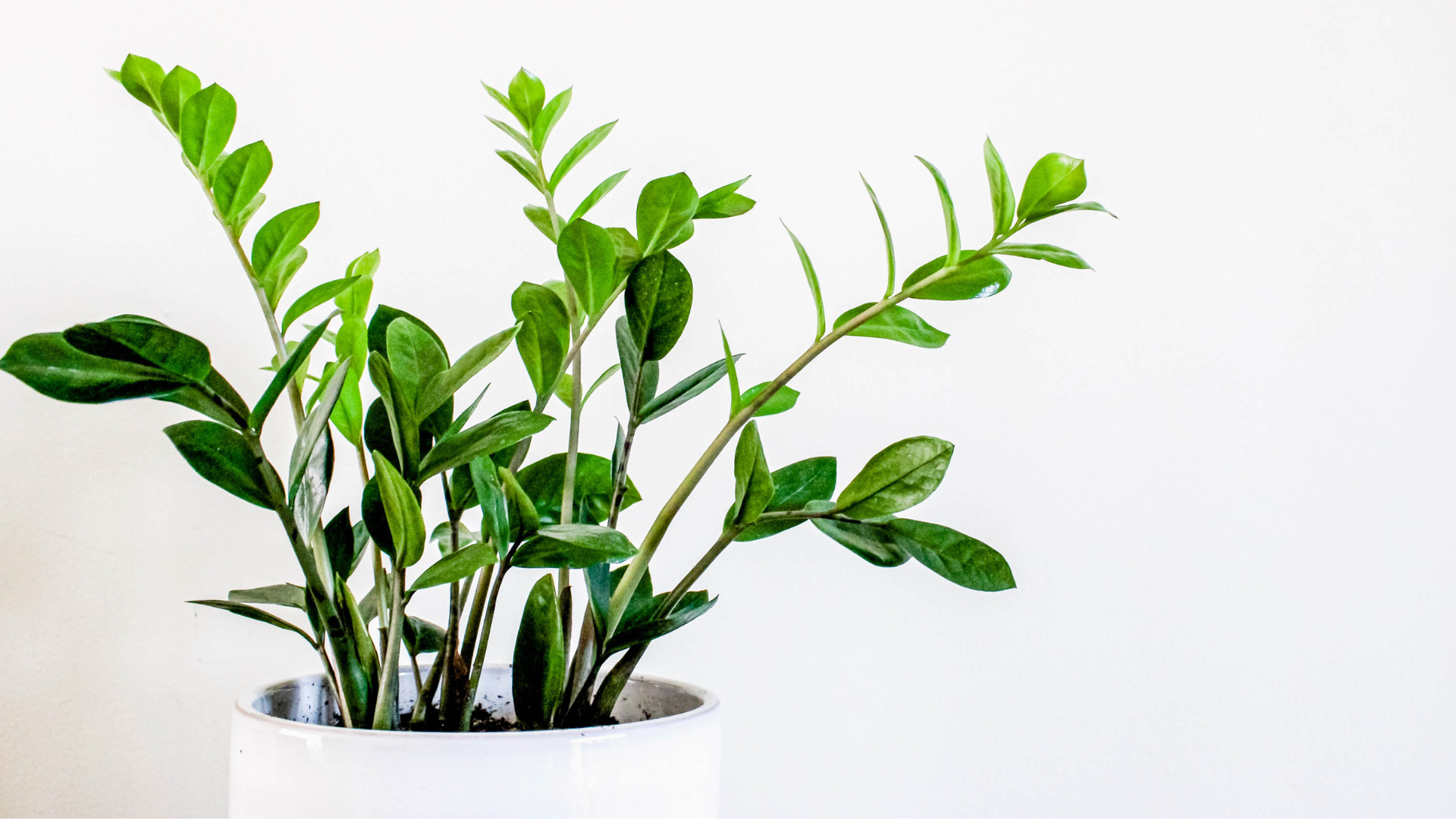
The ZZ plant is a good plant for beginners because it thrives with very little sunlight and water, making it an ideal for those with very little time. However, Andrei has suggested otherwise:
"Whilst this plant is beginner friendly it shouldn't be owned by parents or animal owners as they can cause a wide range of health issues ranging from stomach ache and vomiting" he said.







